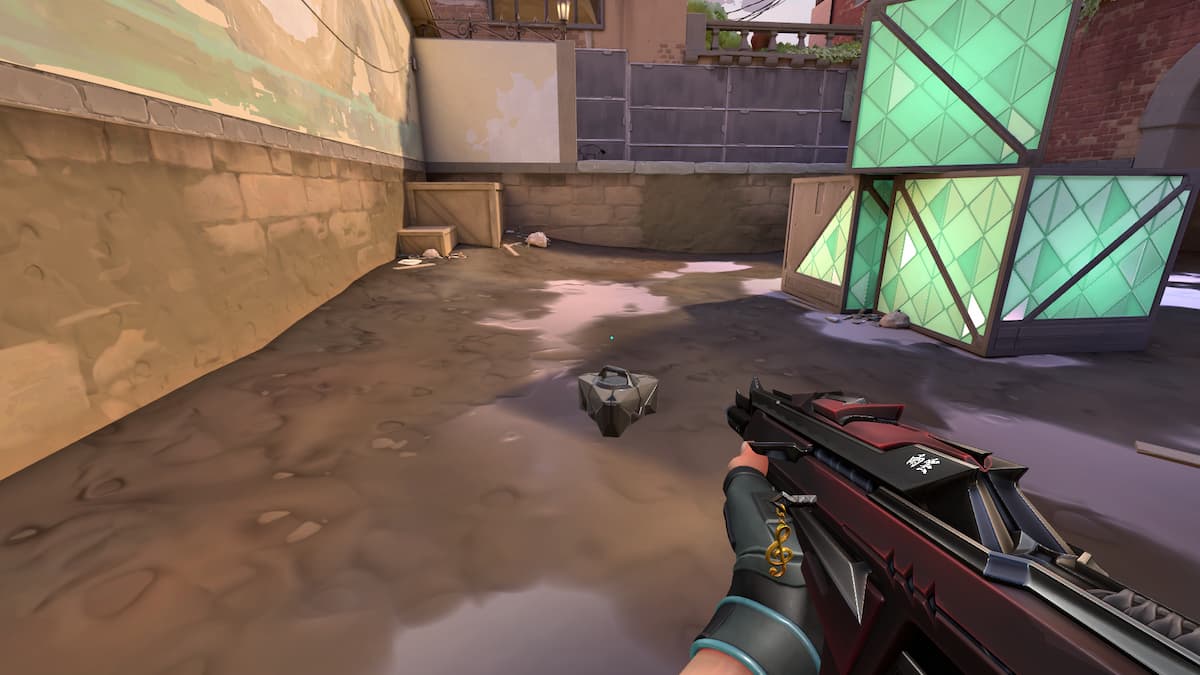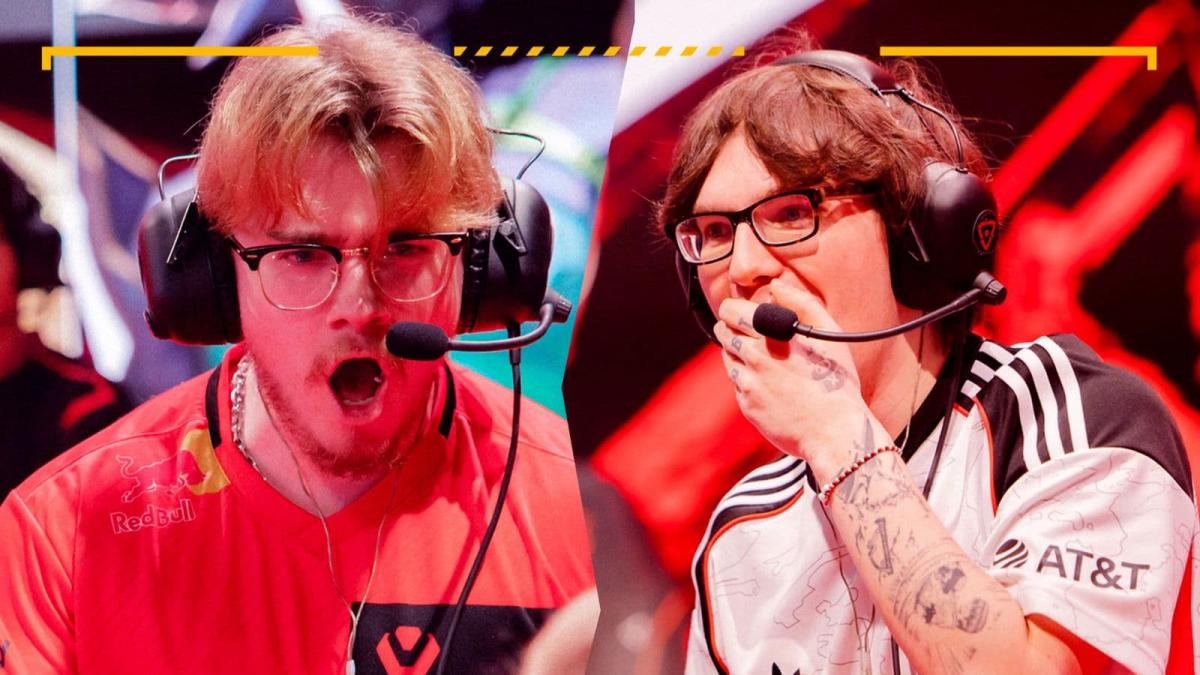As part of Riot Games’ plans to bring VALORANT to PS5 and Xbox, the developer has revealed it’s adapting its in-house anti-cheat system, Vanguard, to maintain the tactical FPS’ competitive integrity on consoles.
Vanguard is Riot Games’ custom anti-cheat software for VALORANT—and, since April, League of Legends, too. Since its implementation in 2020, Vanguard has been instrumental in detecting and preventing cheating, helping to keep VALORANT mostly free from misconduct.

“We take competitive integrity seriously, and we’re firmly committed to providing a best-in-class technical experience for FPS players across all platforms,” the game’s production director, Arnar Gylfason, told Dot Esports. Gylfason also shared that Riot is working on adapting “several” of Vanguard’s features for VALORANT’s console version, including the detection of anomalous input devices.
Other anti-cheat systems used in console FPS games share similar features to Vanguard for detecting and preventing cheating. Systems like Ricochet in Call of Duty: Warzone and BattlEye in Rainbow Six Siege use kernel-level drivers for deep system monitoring, while Easy Anti-Cheat, used in Apex Legends and Fortnite, combines user-level and kernel-level components. Like Vanguard, all these systems are regularly updated to stay effective against new cheating methods.
But despite its strengths, adapting Vanguard for consoles could also introduce a few issues for certain players—besides the assiduous cheaters. One potential issue is false positives, where legitimate devices or specific configurations might be mistakenly flagged as cheats. For example, third-party controllers or adaptive devices used by players with disabilities could be incorrectly identified as anomalous. Given Riot has said it’s looking into adapting features like input device detection, it’s likely this is something the developer is already trying to address.
To avoid potential false positives, Riot will need to continuously refine its anti-cheat detection algorithms and potentially include a system for players to appeal and verify their hardware setups. These changes might begin during the game’s limited beta testing, which starts on June 14, when console players will finally get their hands on the game.













Published: Jun 7, 2024 05:44 pm